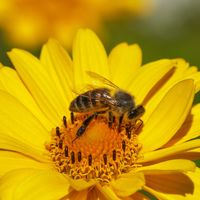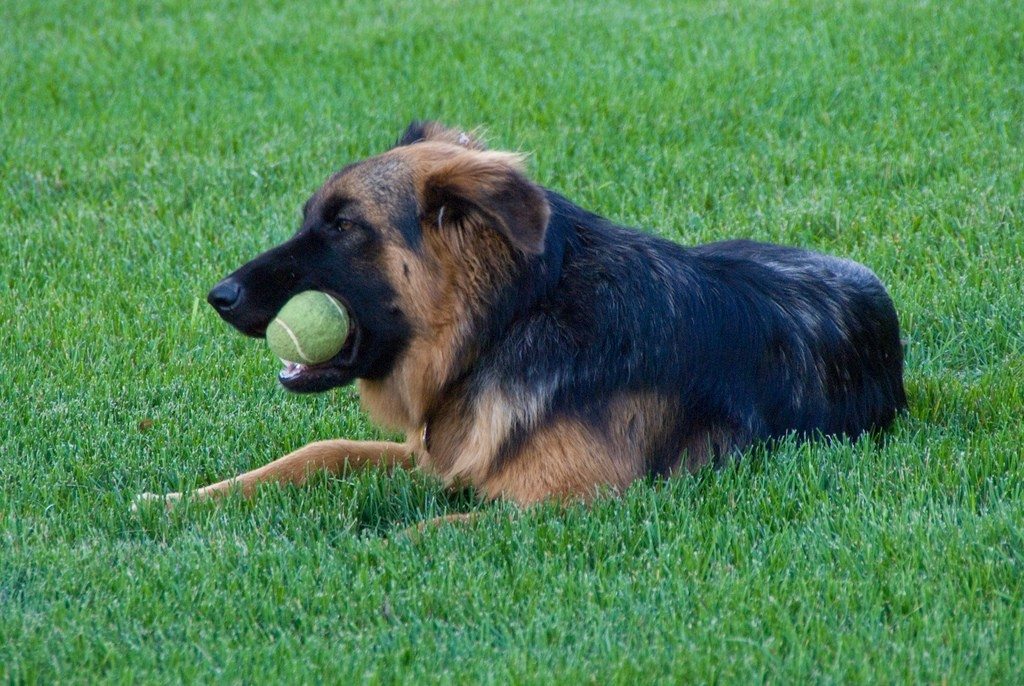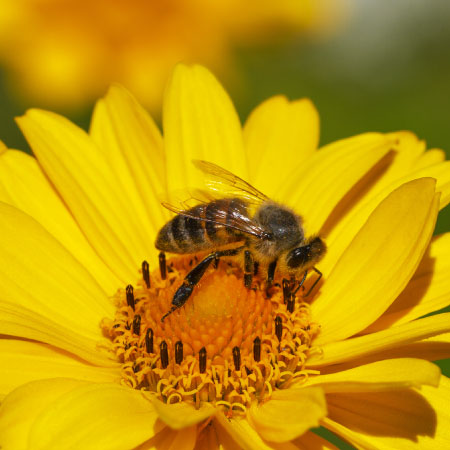Fertilizer That Is Pet Friendly: Pet Safe Fertilizer For Lawns And Gardens


Sign up for the Gardening Know How newsletter today and receive a free copy of our e-book "How to Grow Delicious Tomatoes".
You are now subscribed
Your newsletter sign-up was successful
Your pets depend on you to keep them safe both indoors and out. That includes using fertilizer that's pet friendly. Knowing that you don't have to worry about your pet's safety when they play outdoors gives you peace of mind so you can focus on enjoying time spent together.
Using Pet Safe Fertilizer for Lawns and Gardens
Commercially prepared pet friendly fertilizers may list precautions and restrictions, and you should follow them to the letter. The label may suggest keeping the pet off the lawn for a specified period of time, usually about 24 hours. For an extra measure of safety, make sure you break up any clods or clumps of fertilizer because your pet will find any new objects lying on the ground interesting, and perhaps worth a taste. Store any unused portions of the fertilizer in its original bag. Place the bag out of reach, or put in a plastic bin with a lid that locks in place securely. Pets are very skillful at getting into places where they don't belong, so even if you use pet safe fertilizers for your lawns and gardens, you should be aware of the symptoms of chemical poisoning, which include:
- Muscle tremors
- Seizures
- Vomiting
- Diarrhea
- Swelling
Types of Fertilizer Safe for Pets
Here are a few types of safe fertilizers for pets: Seaweed - Seaweed is rich in nitrogen. You can buy it ground up but it's more common as a spray-on liquid. Fish emulsion - While fish emulsion is a great fertilizer option, remember that this is a quick-release fertilizer and can burn plants if you use too much. Dogs are likely to find the smell very appealing and might try to dig up your garden plants. Grass Clippings - You can use 20 percent less nitrogen fertilizer by leaving grass clippings on your lawn. For this to work, you may have to mow more frequently. Long clippings can do more harm than good. Manure - This is a tricky one because dogs may try to eat it. Composting for three or four months removes much of the smell and makes it safer for pets and the garden. Be aware that horse manure may contain weed seeds. Compost - Compost is one of the best fertilizers for gardens, and if you make your own, it's free. You can also use it on the lawn, but it takes quite a bit to provide enough nitrogen for lawn grass. Bone Meal/Blood Meal - Bone meal and blood meal are natural products that may not harm your dog, but the taste and smell may be very appealing to them. Avoid both to prevent digging and rolling in the garden.
Sign up for the Gardening Know How newsletter today and receive a free copy of our e-book "How to Grow Delicious Tomatoes".

Jackie Carroll has written over 500 articles for Gardening Know How on a wide range of topics.